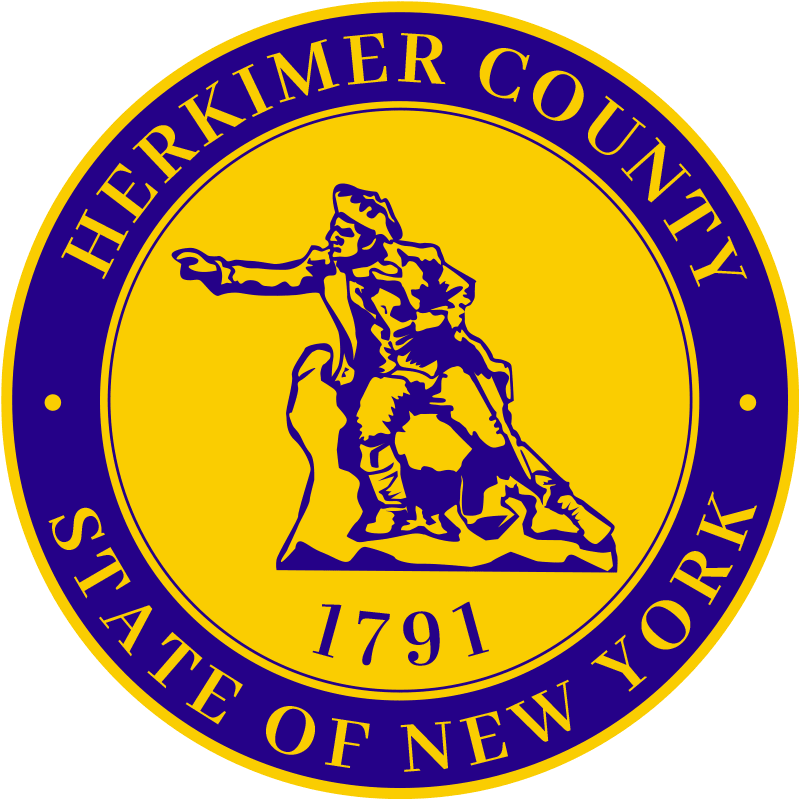Lead Poisoning Prevention Program
Lead exposure is a serious health concern, particularly for young children. The Lead Poisoning Prevention Program works to protect those most at risk by promoting awareness, providing education, and facilitating lead screening and prevention efforts throughout the community.
Why Lead Poisoning Prevention Matters
Lead exposure can occur through old paint, contaminated soil, plumbing, and other environmental sources. Even at low levels, lead can affect a child's growth, behavior, and ability to learn. Because lead poisoning often has no immediate symptoms, early detection through testing is essential.
Lead Testing & Screening
New York State requires healthcare providers to test all children for lead at ages 1 and 2 through a simple blood test. The goal is to detect and address lead exposure as early as possible—the lower the lead level, the better.
Our program helps families by:
- Facilitating referrals for lead screening to ensure children receive necessary testing.
- Providing education to parents, caregivers, and healthcare providers on the dangers of lead and how to prevent exposure.
- Conducting educational activities for children with elevated lead levels (5 or greater) to offer guidance on reducing lead risks in the home environment.
- Providing case management for children ages 0-5 with high lead levels, ensuring families receive ongoing support, follow-up testing, and resources to reduce exposure and improve health outcomes.
Protect Your Family from Lead Exposure
To reduce the risk of lead exposure, families can:
- Keep homes clean and dust-free, especially around areas with old paint.
- Wash children’s hands, toys, and pacifiers frequently.
- Ensure a healthy diet rich in calcium, iron, and vitamin C, which can help reduce lead absorption.
- Be aware of potential lead hazards in older homes, particularly in peeling paint or lead-based plumbing.
For more information about lead poisoning prevention, testing, or home visits, please contact (315) 867-1176.

